Venezuelan President Maduro Calls for a “Cultural Revolution” to Establish “Socialist Modernity” as a Counter to Western Degeneracy
In recent remarks that have sparked both support and controversy, Venezuelan President Nicolás Maduro has called for a “Cultural Revolution” in the country, aiming to establish what he describes as “Socialist Modernity.” His remarks, made during a national address, reflect his ongoing efforts to solidify his ideological stance against Western cultural influences and what he perceives as the “degeneracy” of Western societies. Maduro’s declaration comes at a time when Venezuela is grappling with severe economic challenges, political turmoil, and international isolation. But what exactly does Maduro mean by this “Cultural Revolution,” and how does it relate to his broader vision for Venezuela’s future? Let’s delve into the implications of his speech and explore what this new push for socialist modernization could mean for the country and its citizens.
What is “Socialist Modernity”?
“Socialist Modernity,” as outlined by President Maduro, is his vision for a new social order that contrasts sharply with the capitalist, consumer-driven model championed by Western countries. Maduro has long positioned himself as a staunch critic of U.S. imperialism, neoliberal economics, and the moral values he associates with Western powers. He believes that Western societies have become decadent, driven by materialism, individualism, and a lack of respect for traditional values. In his view, the rise of these so-called “degeneracies” has led to widespread social issues such as inequality, environmental destruction, and moral decay.
The concept of “Socialist Modernity” as articulated by Maduro seeks to create a society that is grounded in collective well-being, egalitarianism, and cultural unity, with socialism at its core. Maduro insists that Venezuela should chart its own path, one that does not blindly follow the influences of Western powers but instead upholds the values of social justice, environmental sustainability, and cultural preservation. This new form of modernity, according to Maduro, will be a rejection of the individualism that defines much of the West, replaced with a society that prioritizes the community, solidarity, and the common good.
Maduro’s Call for a “Cultural Revolution”
The call for a “Cultural Revolution” is perhaps the most striking aspect of Maduro’s recent address. This term, which echoes the language of the Chinese Communist Party under Chairman Mao Zedong, suggests a radical overhaul of Venezuela’s cultural institutions, education system, and national identity. In Maduro’s vision, this cultural transformation will involve the promotion of socialist ideals, the suppression of Western cultural influences, and the cultivation of a new collective consciousness that aligns with the goals of socialism.
The Venezuelan leader’s rhetoric is deeply tied to his vision of a new Venezuela that embraces revolutionary ideals from the past while adapting them to contemporary realities. In his view, the cultural revolution is not merely an ideological campaign; it is a transformative project that will alter the very fabric of Venezuelan society. This includes the promotion of local traditions, art, and music, as well as the celebration of Venezuelan history, with an emphasis on figures like Simón Bolívar, the 19th-century liberator of Latin America, who is often invoked in Maduro’s speeches as a symbol of anti-imperialism and resistance to foreign dominance.
The Role of Education and Media in the Cultural Revolution
A key component of Maduro’s “Cultural Revolution” is the role that education and media will play in shaping the minds of Venezuelans. Maduro has long criticized Venezuela’s education system for being influenced by capitalist ideologies and U.S. interests. As part of the cultural transformation, the government has made moves to assert greater control over education, from the primary school level to university campuses. This includes the promotion of curricula that emphasize the importance of socialism, anti-imperialism, and collective values. The government has also sought to eliminate foreign cultural products, particularly those from the United States, from schools and classrooms.
In addition to education, Maduro has expressed concern over the influence of media outlets that he believes promote Western ideals. Venezuelan state media already plays a significant role in disseminating government narratives, but Maduro is now calling for a more active effort to promote media content that supports the “Socialist Modernity” vision. He has often used his speeches to critique Hollywood, U.S. television programs, and social media platforms for spreading what he calls “cultural imperialism” and “decadent” values.
Rejection of Western Cultural Influence
Maduro’s rejection of Western cultural influences is a recurring theme in his leadership. He has frequently railed against the United States and European powers, accusing them of undermining Venezuela’s sovereignty and promoting values that undermine the country’s socialist ideals. This rejection of Western influence is not just limited to politics and economics; it extends to culture, too.
In Maduro’s view, Western nations are in moral decline, with issues such as drug addiction, rising crime rates, and social unrest seen as evidence of the failure of capitalist societies. He contrasts this with Venezuela’s emphasis on collective well-being, community support, and adherence to traditional family structures. Maduro has also frequently criticized the Western approach to gender and sexual identity, suggesting that these movements are a form of moral decay.
By positioning Venezuela as a bulwark against this cultural degeneration, Maduro aims to unite his supporters under the banner of a more socially responsible and morally grounded society. The “Cultural Revolution” is, in many ways, a response to the pressures of globalization and the encroachment of foreign values on Venezuelan identity.
Challenges to the Cultural Revolution
While the call for a “Cultural Revolution” resonates with Maduro’s base, it also faces significant challenges. Venezuela remains deeply divided, with an opposition that has long criticized his government for authoritarian practices, economic mismanagement, and a failure to deliver on promises of prosperity. Many Venezuelans, particularly those who have fled the country’s economic collapse, see Maduro’s vision of “Socialist Modernity” as a dangerous regression that will further isolate the nation from the international community.
Furthermore, the practical challenges of enforcing such a cultural revolution are immense. Maduro’s government has struggled to maintain control over the country’s resources, infrastructure, and political institutions. It remains to be seen how successful the government will be in transforming the nation’s cultural landscape, especially when faced with a growing digital age and globalized media that can easily bypass state controls.
In Conclusion
Nicolás Maduro’s call for a “Cultural Revolution” aimed at establishing “Socialist Modernity” is a bold political move that reflects his ongoing efforts to reshape Venezuela’s identity in opposition to Western cultural and political norms. While his vision of a socialist future resonates with some, it also faces significant challenges in terms of both implementation and international reception. Whether this push for a new cultural order will succeed or falter remains to be seen, but it is clear that Maduro is determined to define Venezuela’s path on his own terms, regardless of external pressures. The world will be watching closely to see how this cultural and political experiment unfolds in the years to come.
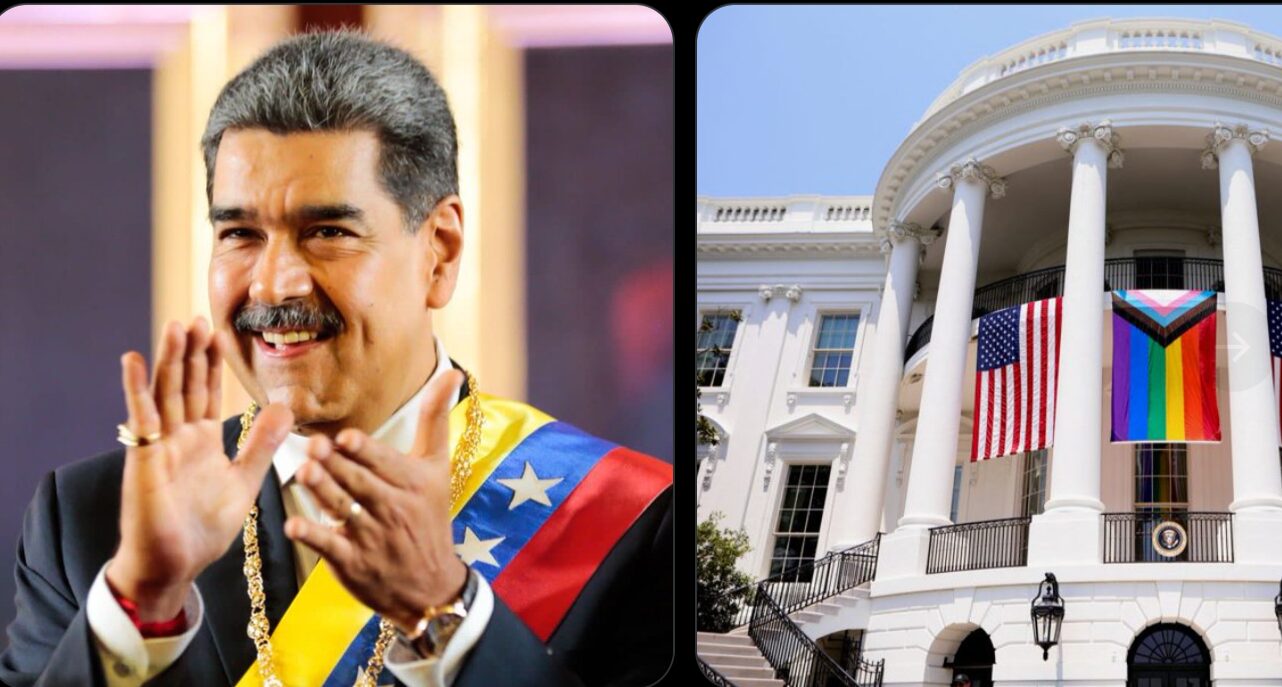
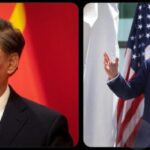
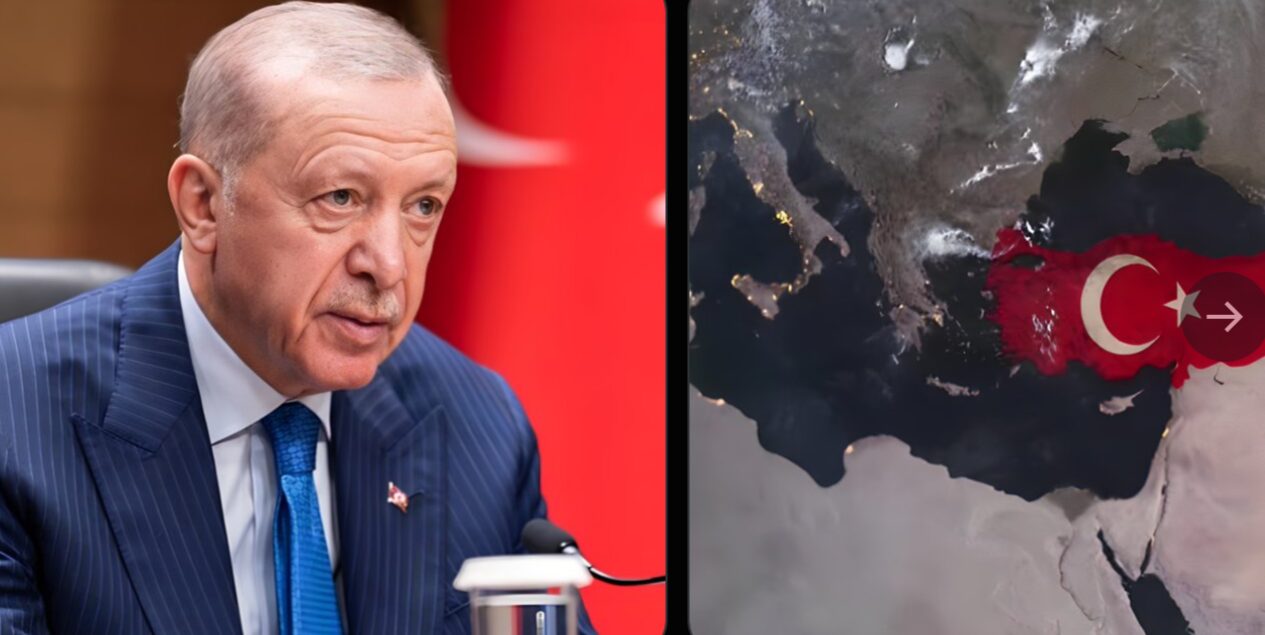

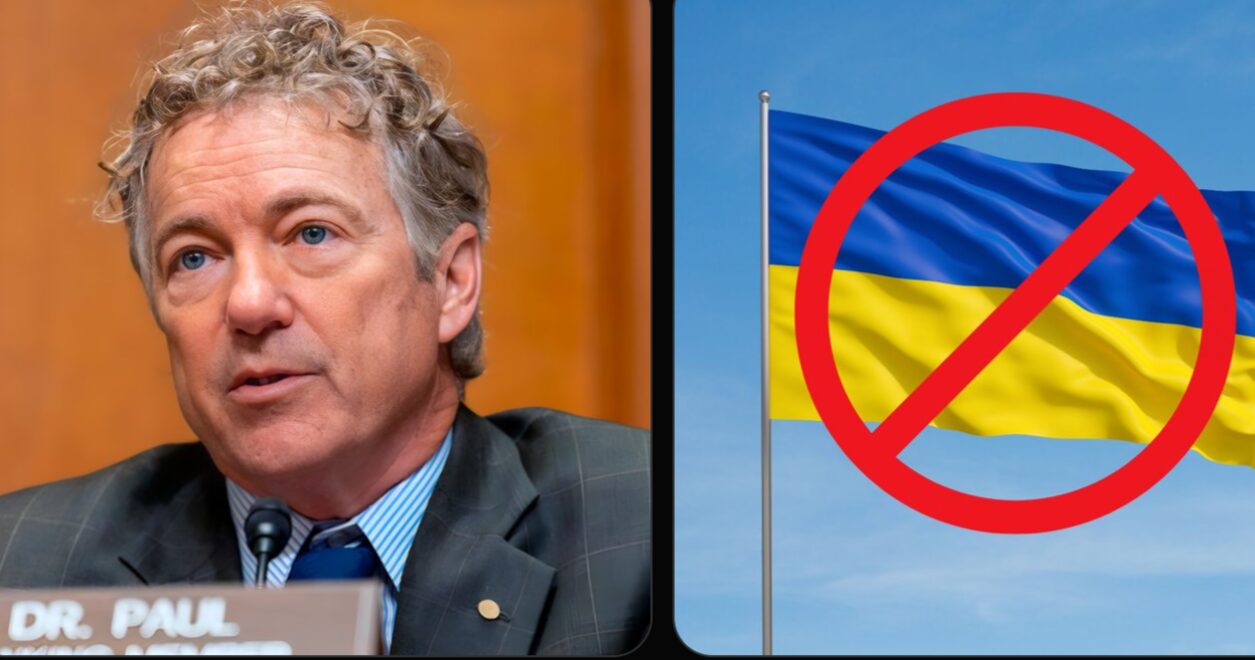

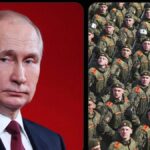
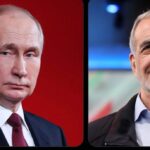
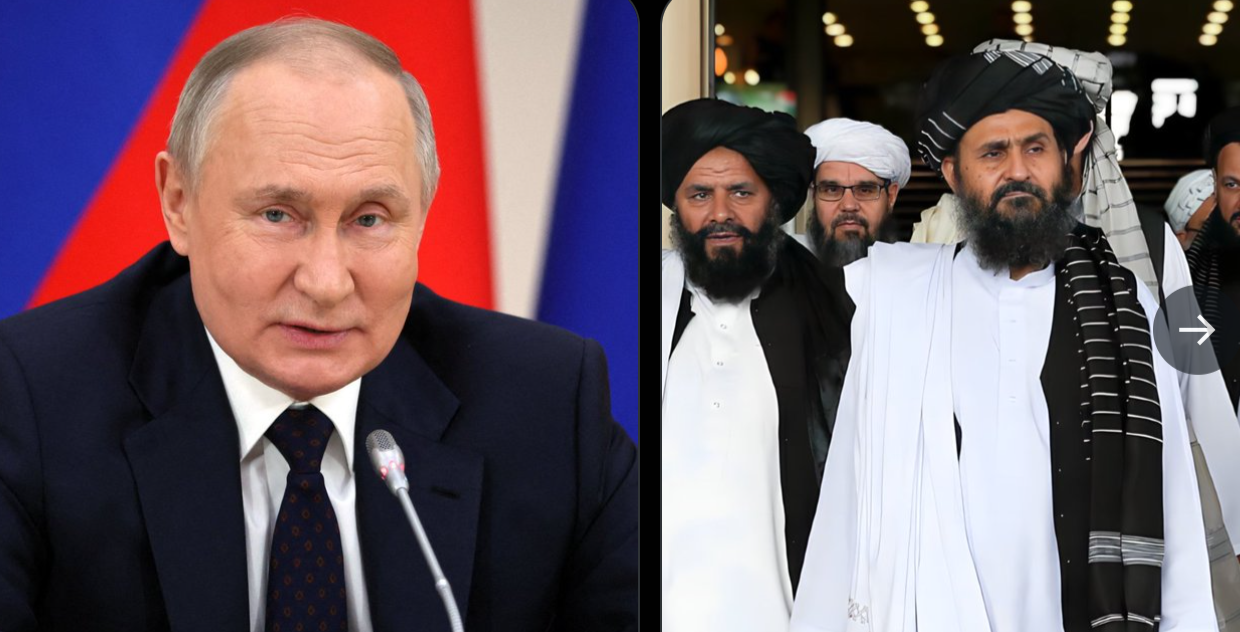








Post Comment